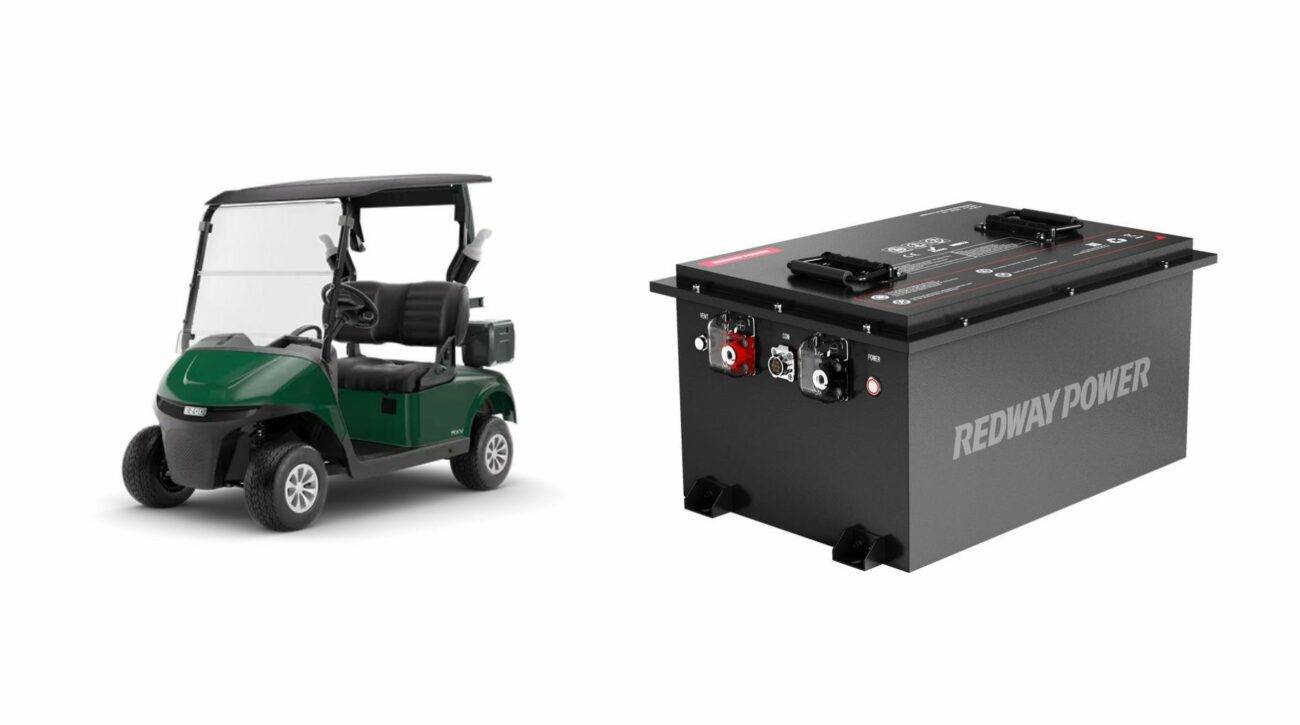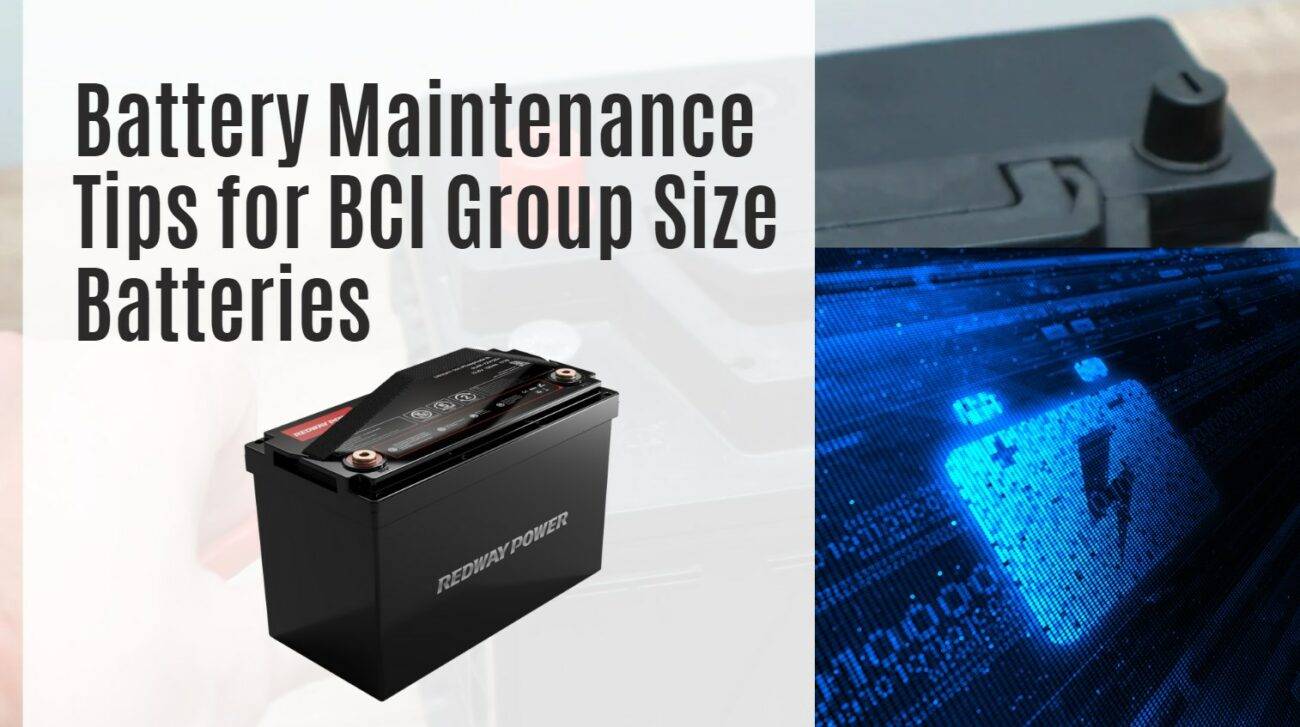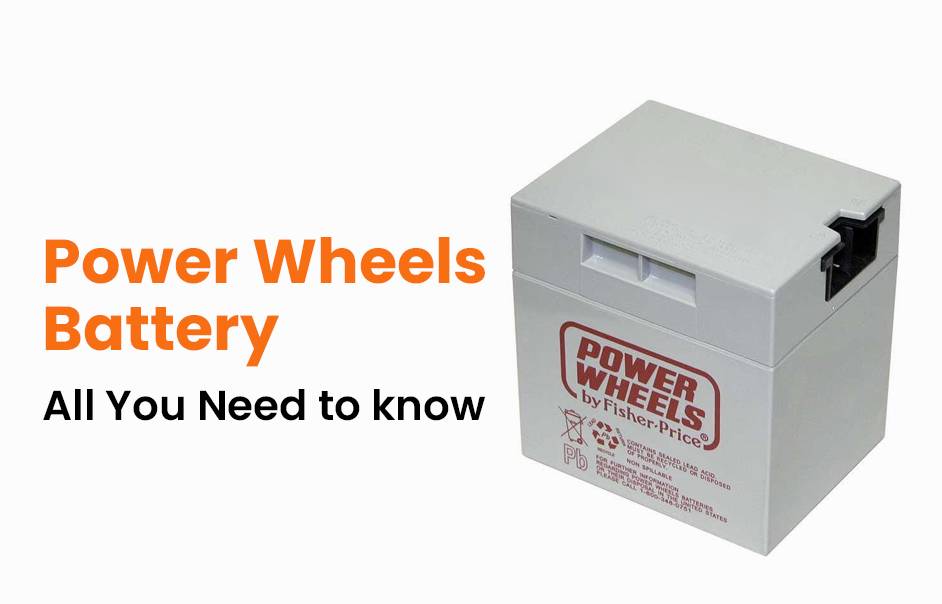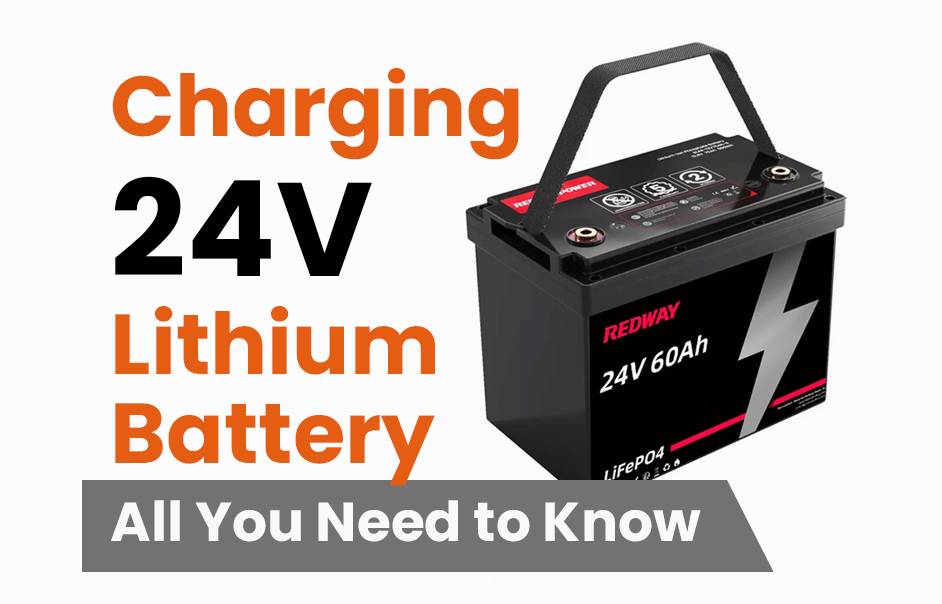- Forklift Lithium Battery
-
48V
- 48V 210Ah
- 48V 300Ah
- 48V 420Ah (949 x 349 x 569 mm)
- 48V 420Ah (950 x 421 x 450 mm)
- 48V 456Ah
- 48V 460Ah (830 x 630 x 590 mm)
- 48V 460Ah (950 x 421 x 450 mm)
- 48V 460Ah (800 x 630 x 600 mm)
- 48V 460Ah (820 x 660 x 470 mm)
- 48V 500Ah
- 48V 560Ah (810 x 630 x 600 mm)
- 48V 560Ah (950 x 592 x 450 mm)
- 48V 600Ah
- 48V 630Ah
-
48V
- Lithium Golf Cart Battery
- 12V Lithium Battery
12V 150Ah Lithium RV Battery
Bluetooth App | BCI Group 31
LiFePO4 Lithium
Discharge Temperature -20°C ~ 65°C
Fast Charger 14.6V 50A
Solar MPPT Charging - 24V Lithium Battery
- 36V Lithium Battery
- 48V Lithium Battery
-
48V LiFePO4 Battery
- 48V 50Ah
- 48V 50Ah (for Golf Carts)
- 48V 60Ah (8D)
- 48V 100Ah (8D)
- 48V 100Ah
- 48V 100Ah (Discharge 100A for Golf Carts)
- 48V 100Ah (Discharge 150A for Golf Carts)
- 48V 100Ah (Discharge 200A for Golf Carts)
- 48V 150Ah (for Golf Carts)
- 48V 160Ah (Discharge 100A for Golf Carts)
- 48V 160Ah (Discharge 160A for Golf Carts)
-
48V LiFePO4 Battery
- 60V Lithium Battery
-
60V LiFePO4 Battery
- 60V 20Ah
- 60V 30Ah
- 60V 50Ah
- 60V 50Ah (Small Size / Side Terminal)
- 60V 100Ah (for Electric Motocycle, Electric Scooter, LSV, AGV)
- 60V 100Ah (for Forklift, AGV, Electric Scooter, Sweeper)
- 60V 150Ah (E-Motocycle / E-Scooter / E-Tricycle / Tour LSV)
- 60V 200Ah (for Forklift, AGV, Electric Scooter, Sweeper)
-
60V LiFePO4 Battery
- 72V~96V Lithium Battery
- Rack-mounted Lithium Battery
- E-Bike Battery
- All-in-One Home-ESS
- Wall-mount Battery ESS
-
Home-ESS Lithium Battery PowerWall
- 24V 100Ah 2.4kWh PW24100-S PowerWall
- 48V 50Ah 2.4kWh PW4850-S PowerWall
- 48V 50Ah 2.56kWh PW5150-S PowerWall
- 48V 100Ah 5.12kWh PW51100-F PowerWall (IP65)
- 48V 100Ah 5.12kWh PW51100-S PowerWall
- 48V 100Ah 5.12kWh PW51100-H PowerWall
- 48V 200Ah 10kWh PW51200-H PowerWall
- 48V 300Ah 15kWh PW51300-H PowerWall
PowerWall 51.2V 100Ah LiFePO4 Lithium Battery
Highly popular in Asia and Eastern Europe.
CE Certification | Home-ESS -
Home-ESS Lithium Battery PowerWall
- Portable Power Stations
Why Are Forklift Battery Watering Systems Essential for Operational Efficiency?
Forklift battery watering systems are essential for operational efficiency as they ensure consistent maintenance of lead-acid batteries. These systems automate the watering process, preventing overwatering or underwatering, which can lead to reduced battery life and performance. Proper maintenance through these systems enhances productivity and minimizes downtime in warehouse operations.
Forklift battery watering systems are automated solutions designed to maintain optimal water levels in lead-acid batteries. These systems simplify the watering process, ensuring each cell receives the correct amount of water, which is crucial for battery performance and longevity. Proper watering prevents issues like overheating and extends the lifespan of the batteries.
Understanding Forklift Battery Watering Systems
1. Key Features of Watering Systems
Key features of forklift battery watering systems include automated filling mechanisms, level indicators for monitoring water levels, and compatibility with various battery types. These systems eliminate manual checks, reduce the risk of spills, and ensure consistent watering, enhancing overall battery maintenance efficiency.
Forklift battery watering systems come with several important features:
| Feature | Description |
|---|---|
| Automated Filling | Automatically fills batteries to the correct level, preventing over or under-filling. |
| Level Indicators | Provides visual indicators to monitor water levels easily. |
| Compatibility | Designed to work with various types of lead-acid batteries commonly used in forklifts. |
2. Benefits of Using Watering Systems
Using battery watering systems offers significant benefits, including increased battery lifespan, reduced labor costs due to automation, and enhanced safety by minimizing acid exposure. These systems ensure accurate water delivery, preventing under or over-watering that can harm battery performance and reliability.
The benefits of using battery watering systems are significant:
| Benefit | Description |
|---|---|
| Increased Lifespan | Regular maintenance helps extend the life of lead-acid batteries. |
| Reduced Labor Costs | Automation decreases the need for manual checks and refills. |
| Enhanced Safety | Reduces the risk of spills and accidents associated with manual watering. |
3. Operational Efficiency Improvements
Battery watering systems improve operational efficiency by minimizing downtime associated with manual watering processes. Automated systems allow for quick maintenance without interrupting operations, ensuring that batteries are always ready for use. Consistent maintenance leads to optimal battery performance, enhancing productivity in material handling environments.
Using a battery watering system can lead to substantial improvements in operational efficiency:
- Minimized Downtime: Automated systems allow for quick maintenance without interrupting operations.
- Consistent Performance: Properly maintained batteries operate at optimal levels, improving productivity.
4. Cost Savings Over Time
Investing in a battery watering system can lead to substantial cost savings over time. By automating the watering process, businesses reduce labor costs and minimize the risk of battery damage due to improper watering. This reliability extends battery life and reduces replacement expenses, contributing to overall financial efficiency.
Investing in a battery watering system can lead to long-term cost savings:
| Cost Factor | Description |
|---|---|
| Maintenance Costs | Lower costs due to reduced need for manual labor and fewer replacements. |
| Battery Replacement | Extended battery life reduces the frequency of costly replacements. |
5. Environmental Considerations
Environmental considerations for forklift battery watering systems include reducing spills and waste associated with manual watering methods. Automated systems help ensure that only the necessary amount of water is used, minimizing excess runoff and conserving resources. Adopting these systems supports sustainable practices in battery maintenance and management.
Battery watering systems also contribute positively to environmental sustainability:
- Water Conservation: Automated systems minimize water waste by ensuring precise filling.
- Reduced Chemical Spills: Properly maintained batteries decrease the risk of hazardous spills.
Relation to Other Products
Understanding the importance of forklift battery watering systems is particularly relevant when considering our offerings in Lead-Acid Replacement Batteries. As industries transition from traditional lead-acid batteries to more advanced lithium solutions, maintaining proper care and management remains crucial.
Recommended Product: Advanced Battery Management System
For clients looking for comprehensive energy solutions, we recommend our Redway Advanced Battery Management System, designed to integrate seamlessly with forklift applications while ensuring optimal performance and safety.
Latest News
- Automation in Battery Maintenance: Recent advancements in battery watering technology are allowing for more automated solutions, improving efficiency in industrial settings.
- Focus on Sustainability: Companies are increasingly adopting eco-friendly practices in battery maintenance, including efficient watering systems that reduce waste.
- Industry Standards: New regulations are being introduced to ensure proper maintenance of forklift batteries, emphasizing the need for effective watering systems.
Redway Expert Comment
Implementing a reliable forklift battery watering system is crucial for maintaining battery health and maximizing operational efficiency. By automating the watering process, businesses can reduce downtime and extend the lifespan of their batteries. At Redway Power, we support innovations that enhance battery performance, ensuring our customers have the best solutions available.”
Top Competitors in the Market
When considering alternatives to Redway Power’s offerings, here are five notable competitors known for their innovations in battery technology:
| Brand | Product Type Available | Specialization |
|---|---|---|
| Redway Power | Yes (LiFePO4) | Custom Solutions |
| Crown Equipment | Yes (Battery Watering) | Material Handling |
| Toyota Material Handling | Yes (Battery Watering) | Industrial Equipment |
| Hyster-Yale Group | Yes (Battery Watering) | Heavy-Duty Applications |
| Jungheinrich | Yes (Battery Watering) | Warehouse Solutions |
In conclusion, forklift battery watering systems play a critical role in maintaining operational efficiency and extending the lifespan of lead-acid batteries. By automating the maintenance process, businesses can improve productivity while minimizing costs and environmental impact. Redway Power remains committed to providing high-quality solutions tailored to meet diverse energy needs across various sectors.
Know more:
How to implement an effective forklift watering system for battery maintenance?
To implement an effective forklift watering system, choose a suitable battery watering system that automates the process, ensuring each cell receives the correct amount of water. Regularly inspect the system for clogs or leaks, and use distilled or deionized water. Train staff on proper usage and safety protocols to prevent over- or under-watering.
How to choose the right forklift battery watering cart?
When selecting a forklift battery watering cart, consider factors such as capacity, compatibility with your battery type, and ease of use. Look for features like adjustable nozzles for precise filling and a sturdy design for durability. Additionally, ensure the cart allows for safe transport and storage of distilled or deionized water.
How does a forklift battery watering system improve efficiency?
A forklift battery watering system improves efficiency by automating the watering process, which saves time and labor. It ensures consistent water levels in each cell, preventing under- or over-watering that can lead to battery damage. This reliability reduces maintenance downtime and extends battery life, enhancing overall operational productivity.




















